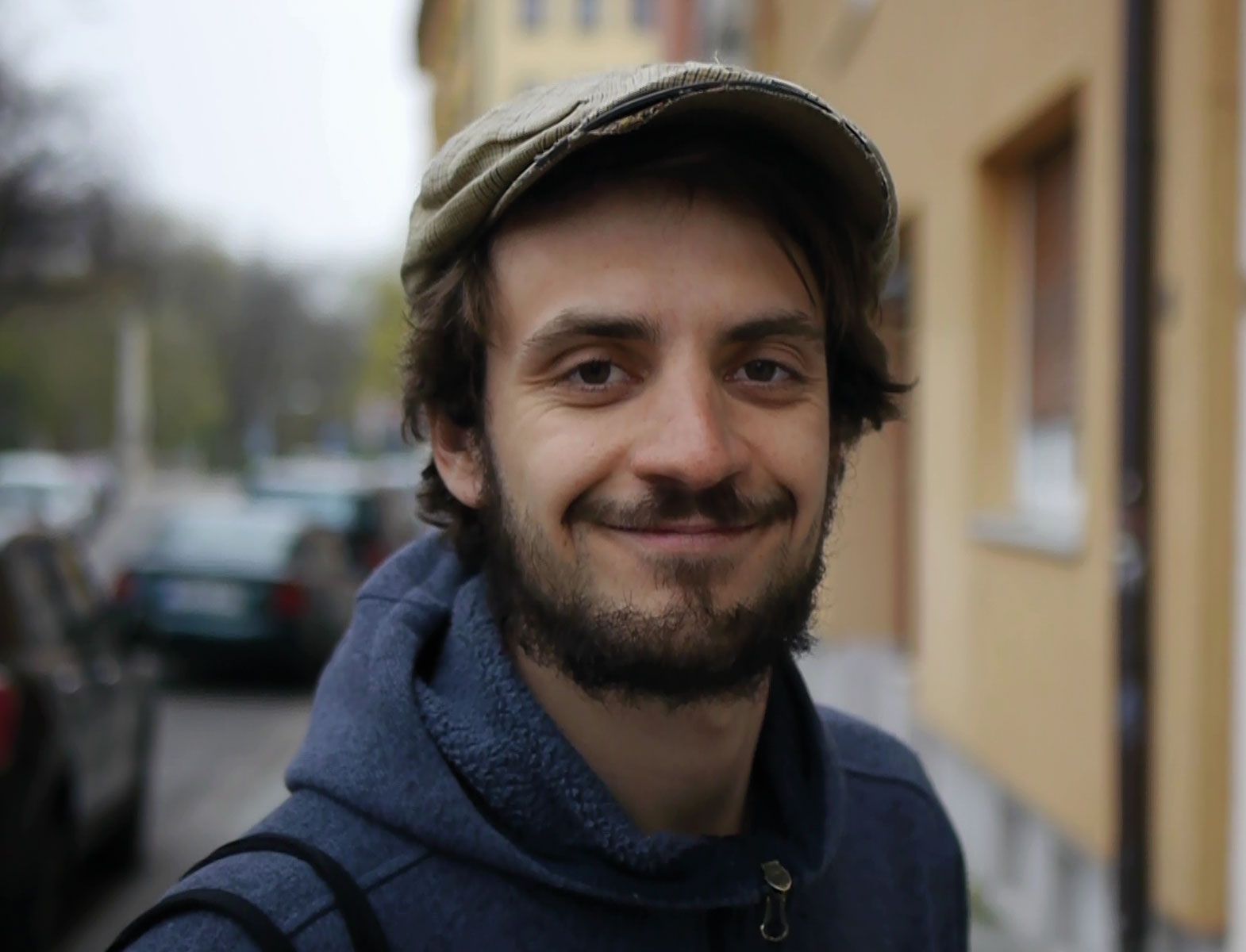Ernte teilen (“Sharing the harvest”) tells the story of farmers in Brandenburg and Mecklenburg-Western Pomerania who are taking alternative approaches to conventional agriculture. What role does community-supported agriculture (SoLaWi) play in this and how does this cyclical approach work?
In my film, I accompany people who break out of the conventional agricultural structures, and are financed not through the free market economy but through regular contributions from a community – known in German as a SoLaWi (short for Solidarische Landwirtschaft, or “solidarity farming”). The contributions are mandatory for one year, and in return, the community receives weekly deliveries of the produce, which is stored in “distribution depots”. As part of the approach, harvest distributors provide ad hoc support at peak times. SoLaWi is therefore primarily about bringing consumers and producers closer together again, providing more insight into regional agriculture, and giving people the opportunity to eat locally grown, seasonal produce. In this demand-driven way of producing food, factors such as ecology, increased animal welfare, fair wages, and food waste prevention can be incorporated into food production.
The film is touring throughout Germany. Are you also engaging with policymakers on the project?
I’m currently on the road a lot with the film, and I always invite the local SoLaWi initiative to the screenings of ERNTE TEILEN. That way, people can find out where they can get involved in the region and can join a SoLaWi. We also invite political actors and decision-makers to the events. This often creates an interesting conversation about what challenges lie ahead in the region in question, and how SoLaWis can be supported by local policymakers. In January, at International Green Week, we want to raise the profile of SoLaWi at federal level by holding a panel discussion with a range of political actors.
What potential do you see for sustainable and climate-friendly agriculture in the Berlin Brandenburg metropolitan region? And can it realistically be rolled out given the size of the population?
What is crucial in SoLaWi is that cultivation practices change in a circular fashion. In this approach, the pressures brought by retail and customer demands are absent. Farmers can be sure that their produce will be taken up – come what may. They are also encouraged to cultivate a diverse range of products, which allows diversity to flourish across the SoLaWis’ land. In some cases, 50-70 different crops grow there, which is many times more than in highly specialized farms. That’s why I hope we will soon see more of such growing communities in the metropolitan region – because the need is enormous in such a populous region. However, the approach is not currently so well known, and it doesn’t feature strongly on the political agenda. An interesting step could be to supply produce to public institutions (daycare centers, schools, hospitals, etc.) through regional SoLaWis. However, it won’t be possible to feed the whole of Berlin on this basis – other complementary solutions are needed. But one thing is certain for me: It is an interesting concept that could certainly be applied to other areas.
The interview was conducted in July 2023.
Picture: Kevin Schaub


